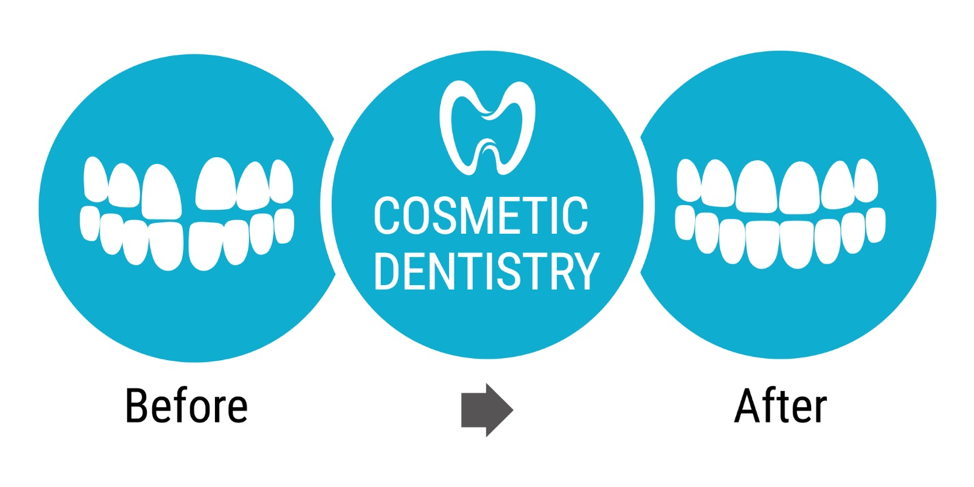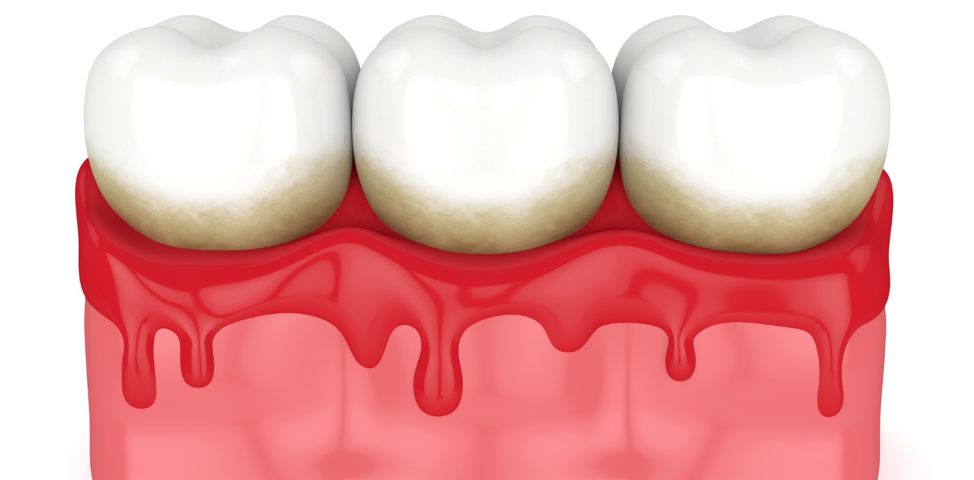
How Crooked and Crowded Teeth Diminish Oral Health
July 2, 2021
3 of the Quickest Ways to Improve Your Smile
July 16, 2021Have you noticed blood in the sink after brushing or flossing? The first stage of gum disease, gingivitis, is the most common reason for this occurrence. Look for other symptoms, like inflammation of the gums, gums that are more red than usual, and persistent bad breath. These are all signs that gum disease is the issue. However, there are several other causes of bleeding gums to consider, such as medications, a new oral hygiene routine, and brushing and flossing too vigorously.
Continue reading to learn more about these causes and what to do if gum disease is the culprit.
1. Medications
Anticoagulant and antiplatelet drugs (blood thinner) stop blood clots from forming and reduce the risk of heart attacks. They may also cause the gums to bleed if they are irritated or scratched for some reason. The blood thinners will keep the blood from clotting and cause more bleeding than usual. Talk to your dentist and doctor if this becomes an issue for you.
2. A New Oral Hygiene Routine
Did you just start flossing again or purchase a new toothbrush? It may take time for the gingiva to adjust to a new routine or new tools. Make sure your toothbrush is a soft-bristled one, not medium or hard. It will do more than irritate your gums—it could damage your dental enamel!
If the bleeding continues for more than a week, contact your dentist to schedule an appointment.
3. Brushing and Flossing Too Vigorously
Pay attention to how hard you are pressing when brushing. The pressure could be too much for the gums to handle. The same goes for flossing! Of course, don’t give up either one of these practices. Simply lighten up on the pressure to prevent bleeding and irritation.
Here’s a helpful tip: Purchase an electric toothbrush that does the work for you and alerts you when you’re using too much pressure.
What To Do When Gum Disease is the Problem
For people who experience bleeding gums along with other symptoms or who can’t pinpoint the issue, gingivitis is most likely the problem. This occurs when plaque builds up along the gum line and isn’t removed by brushing or flossing. The softer substance eventually turns into a hard substance called tartar which eats away at the gingiva and bone.
If left untreated, gingivitis will develop into a more severe disease, periodontitis, that destroys the bone beneath the gums and leads to tooth loss.
The most important thing to do when you notice bleeding gums is to schedule a dental cleaning with a dentist. During the appointment, the dentist will evaluate your teeth and gums to determine how far the disease has spread and developed. Based on her findings, she will recommend the appropriate treatment.
The treatments for gum disease include a regular dental cleaning, a deep dental cleaning (scaling and root planing), and surgery to restore the gum tissue that has been destroyed.
Gum Disease Treatment in Grant Park
Looking for an experienced dentist who uses the latest technology? Dr. Abbey J. Lee in Grant Park offers gum disease treatment in a spa-like environment that prioritizes patient comfort. A trip to the dentist should never be dreadful. We’re changing the narrative one patient at a time.
Don’t wait to receive treatment for your bleeding gums. Contact our friendly dental team today at (404) 328-7177 to schedule an initial consultation.


